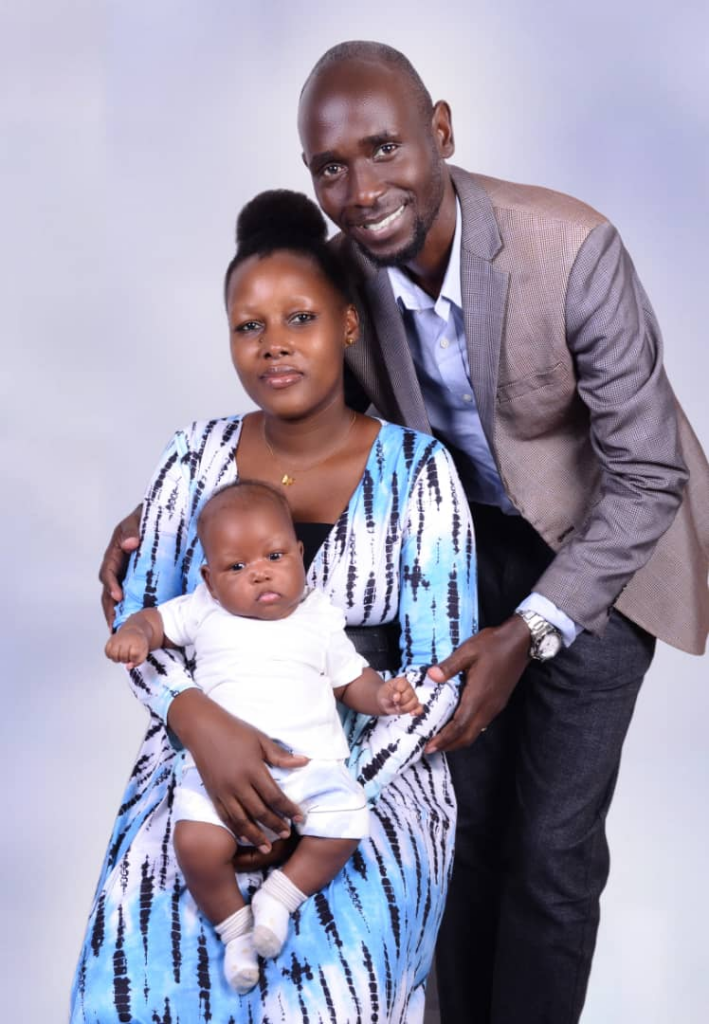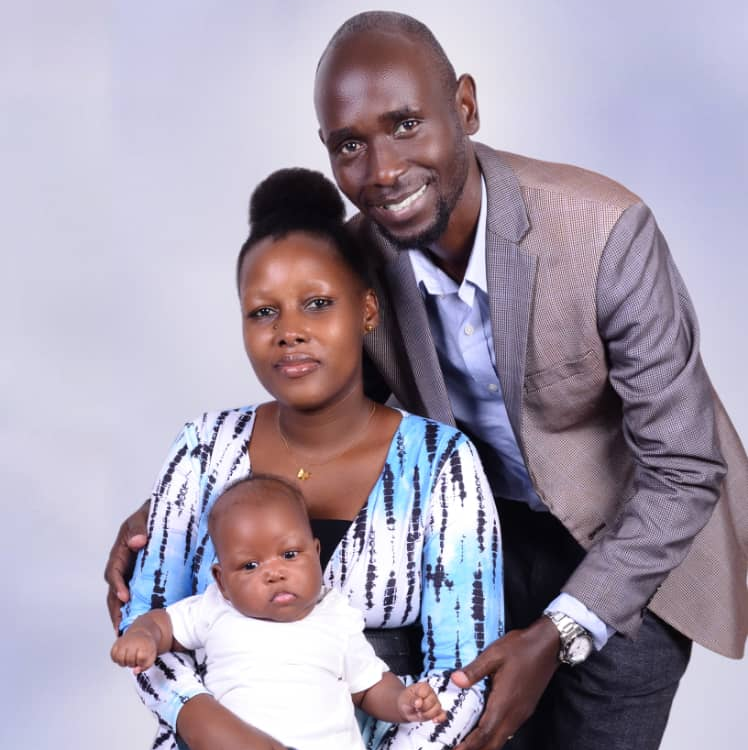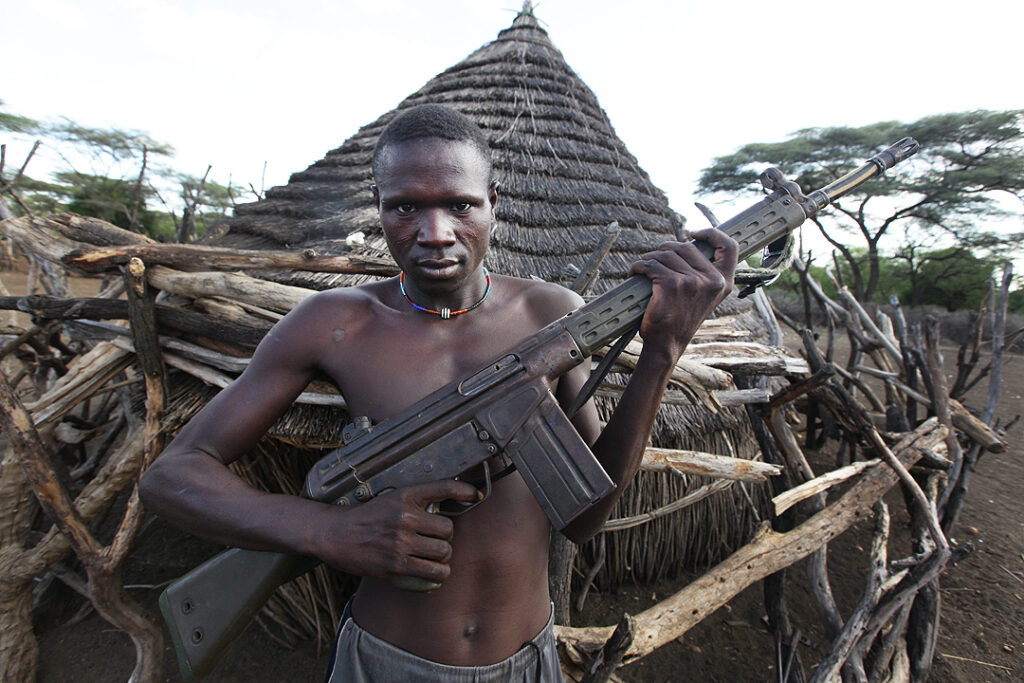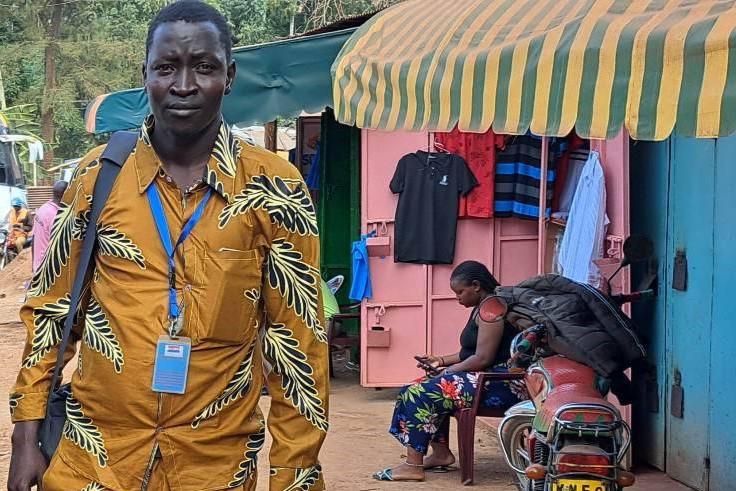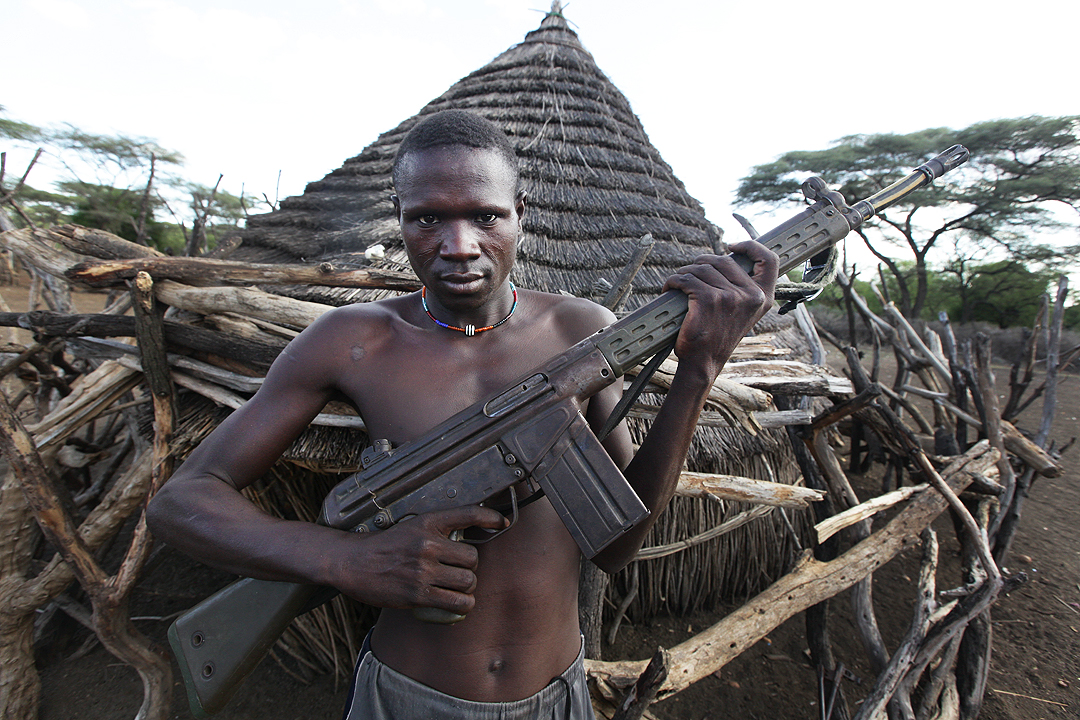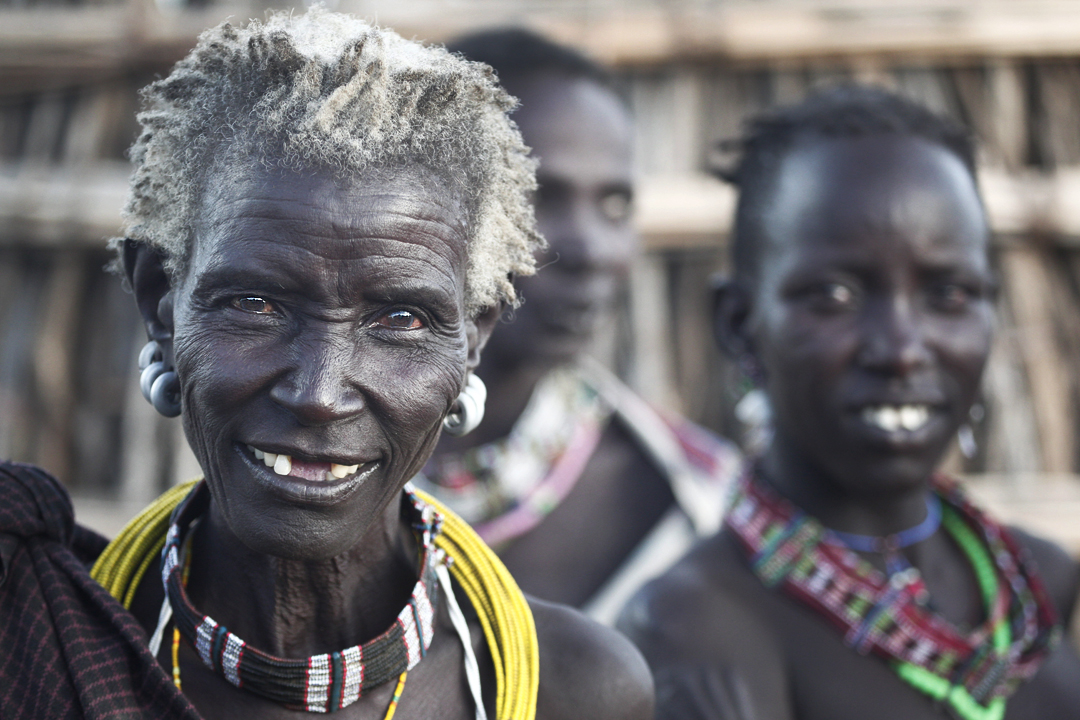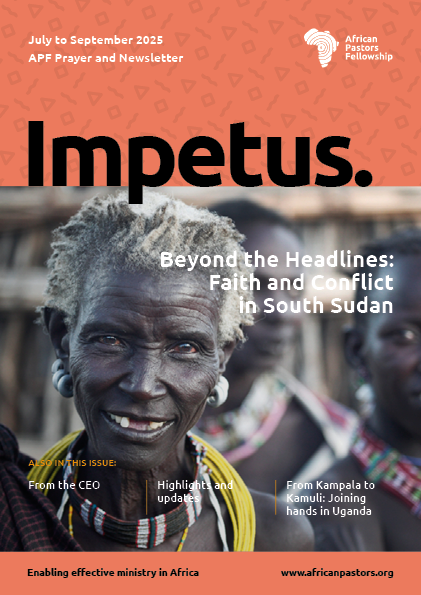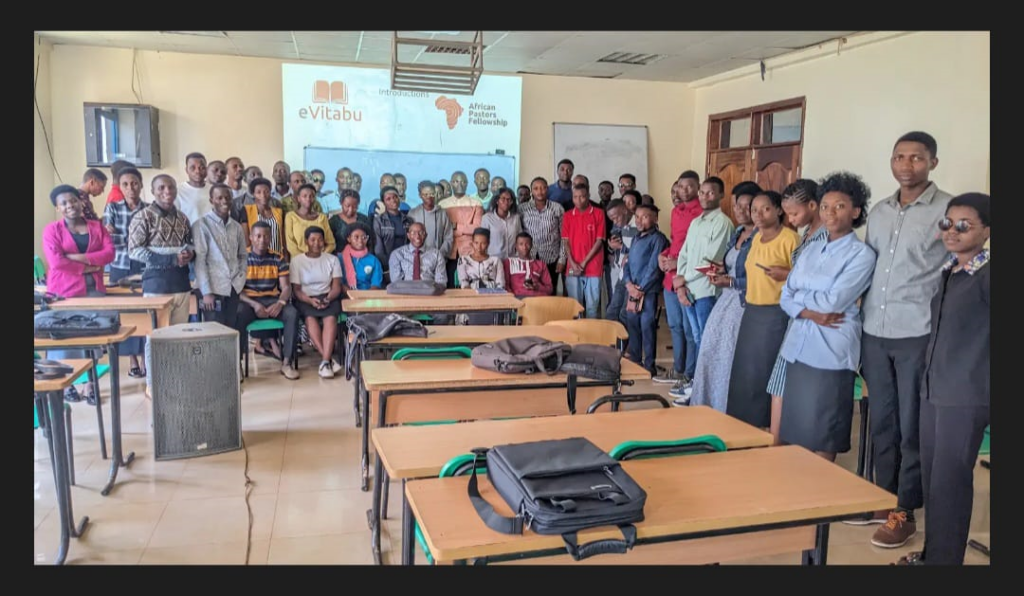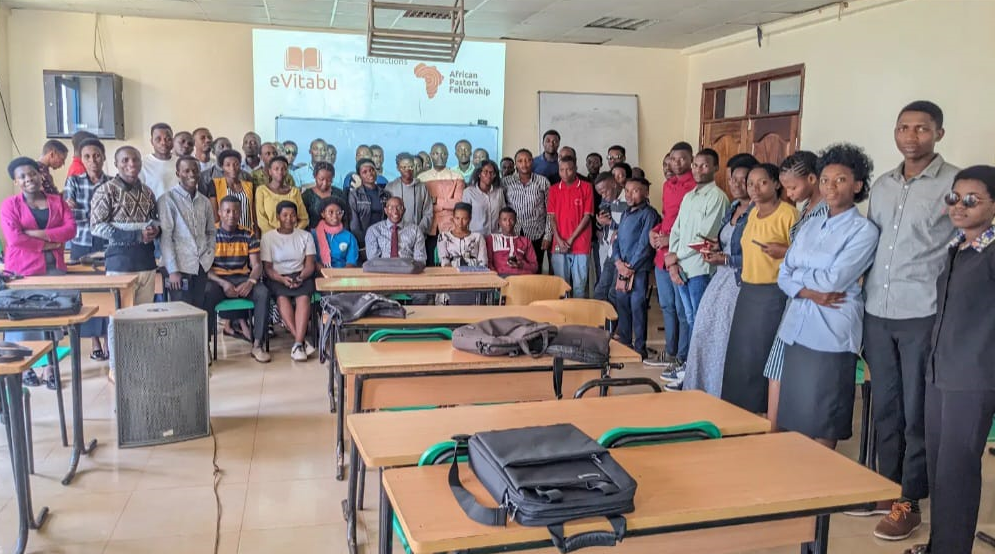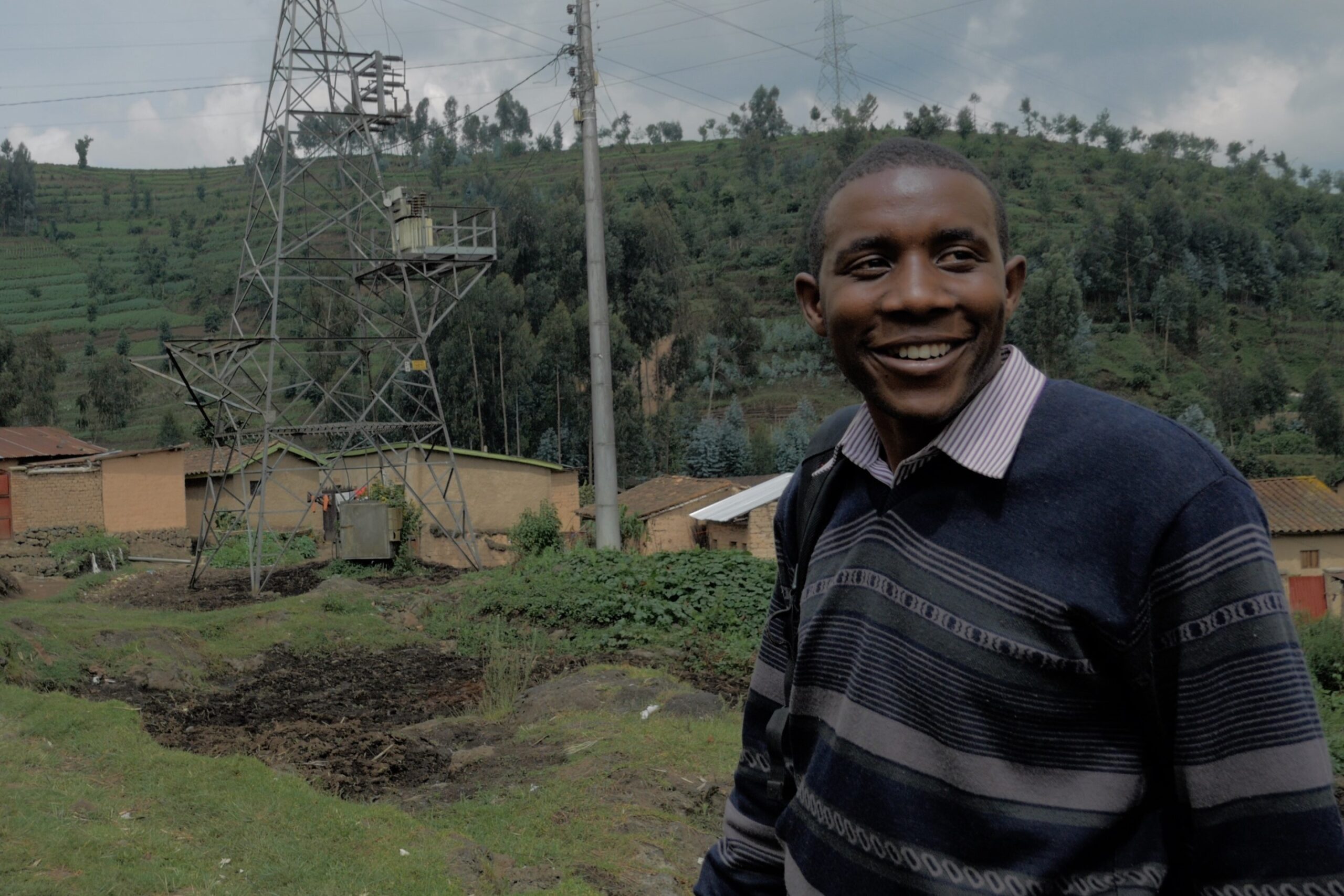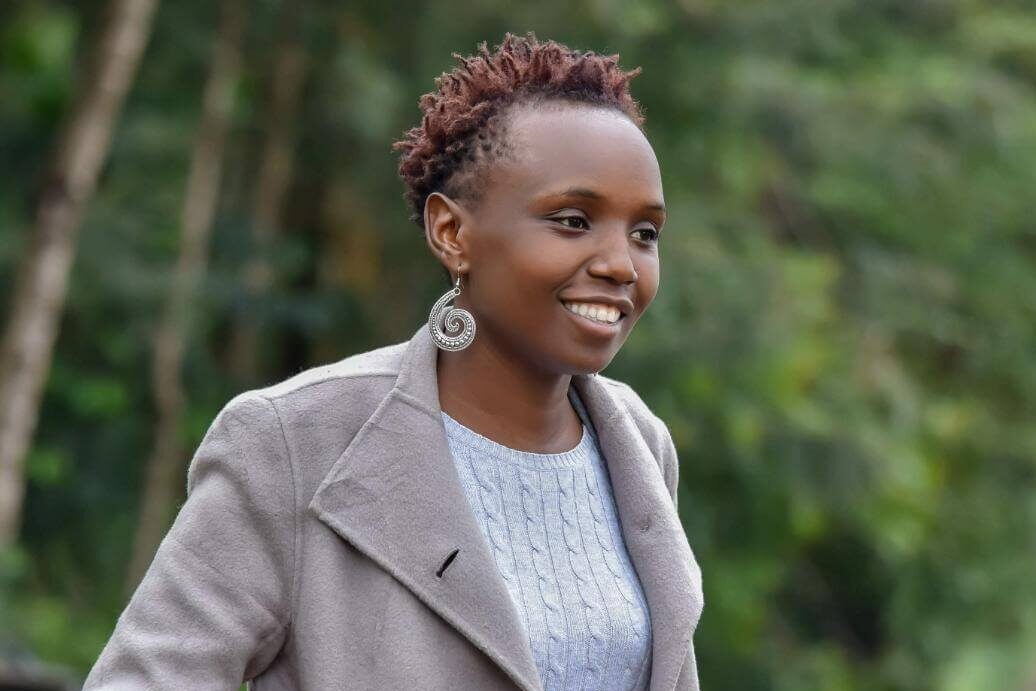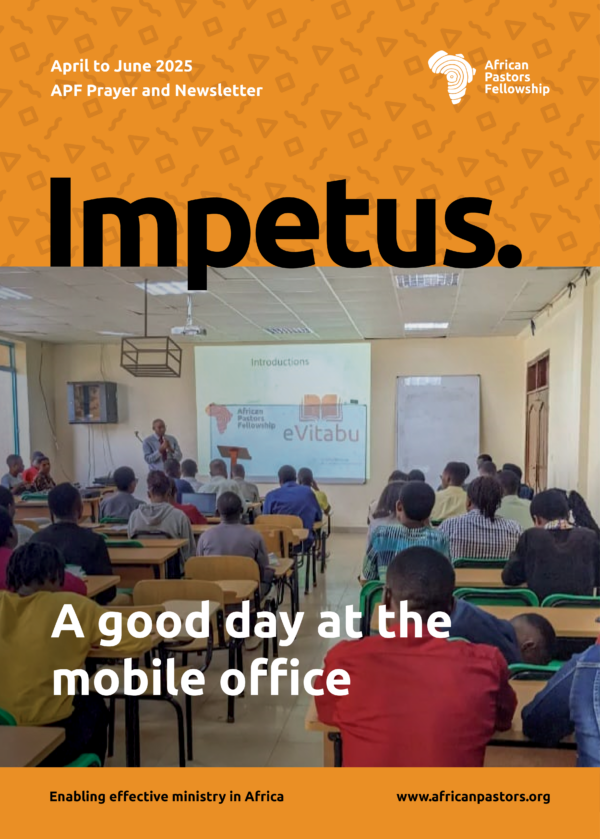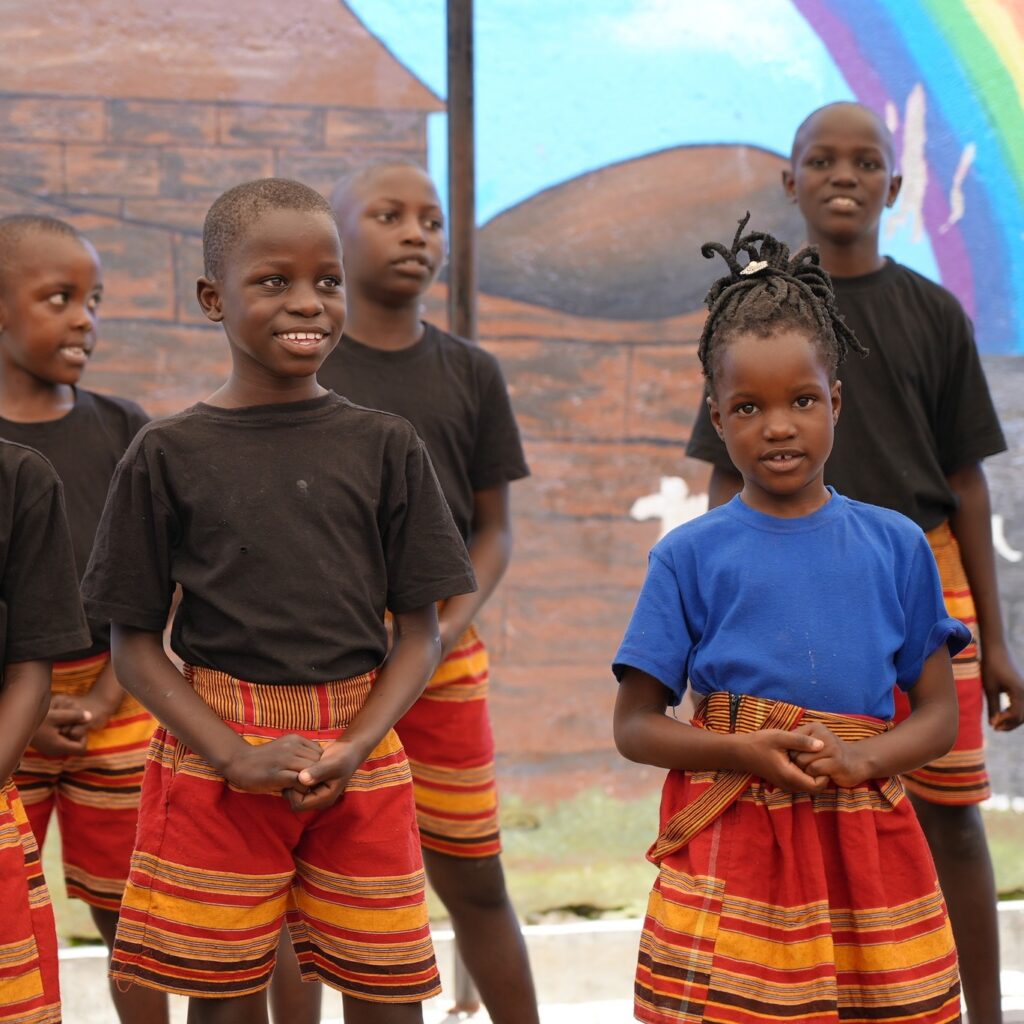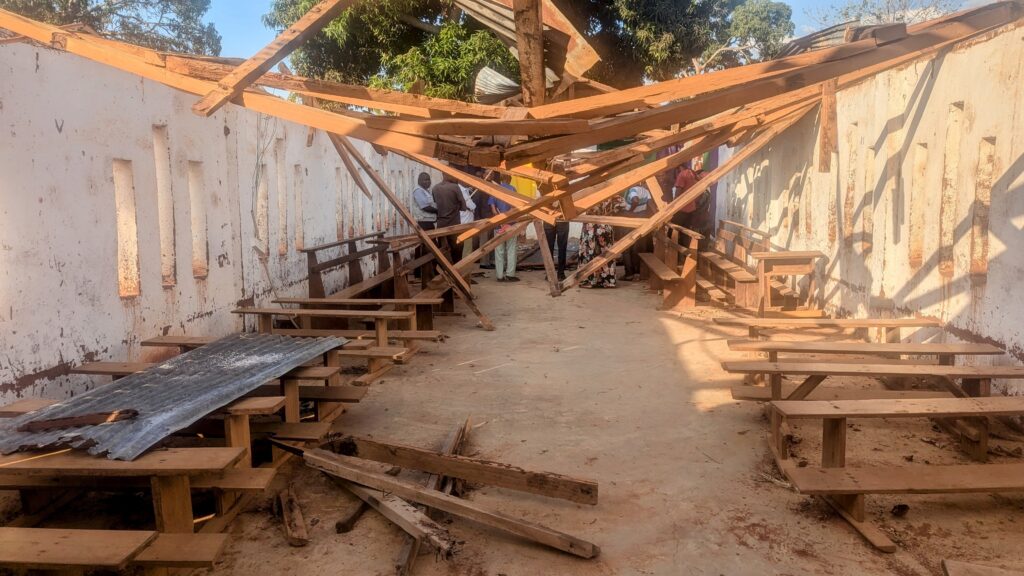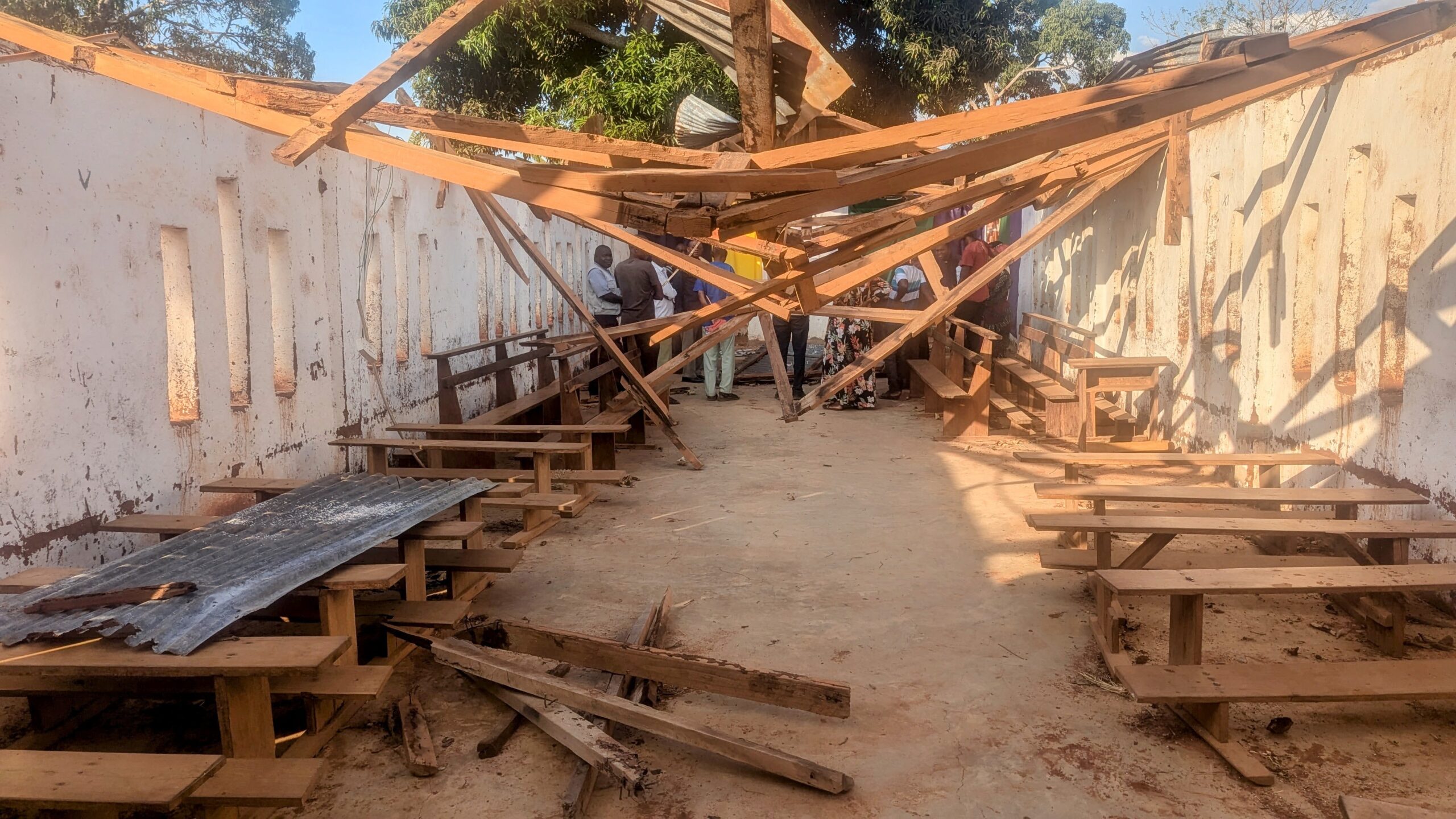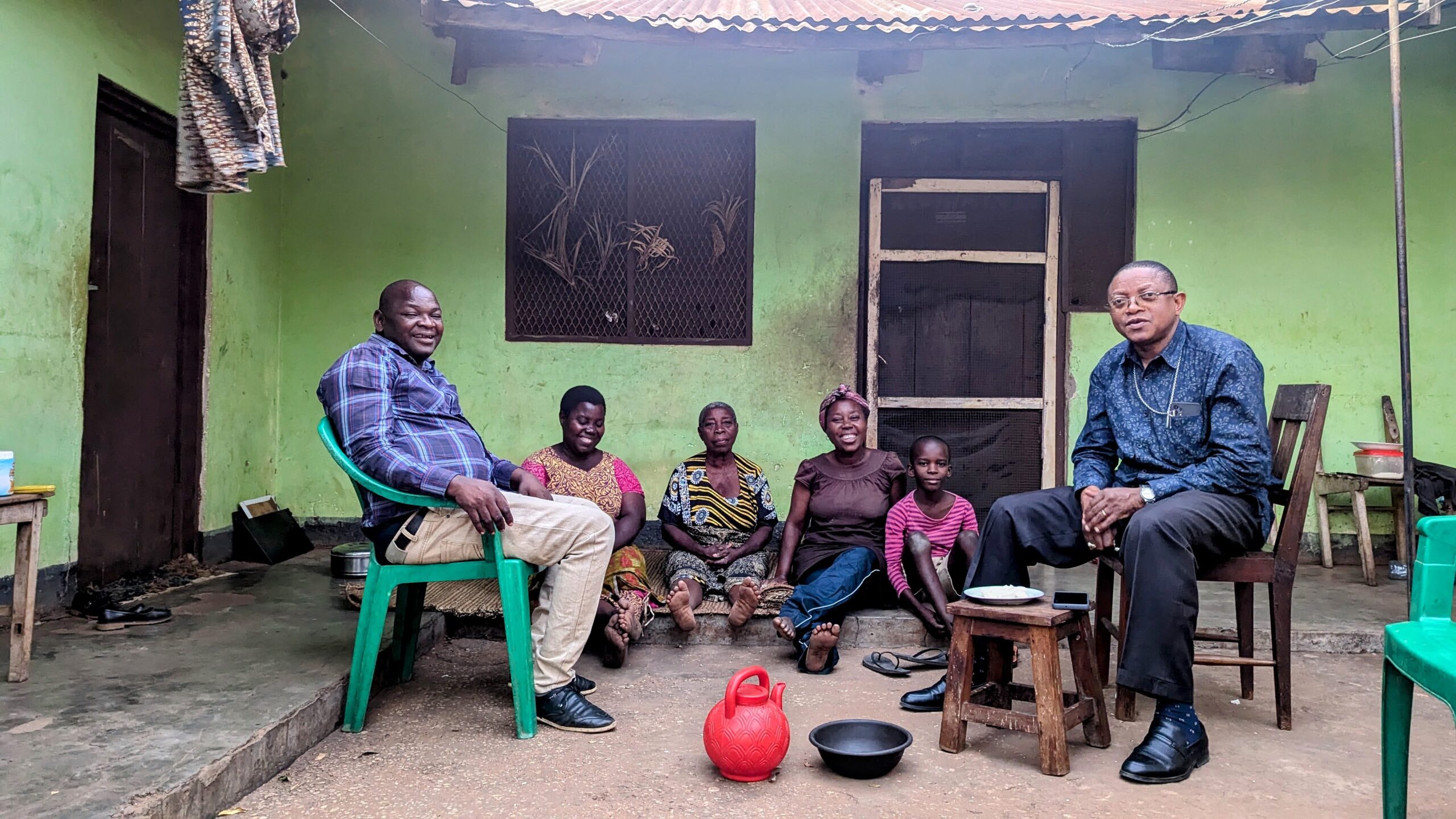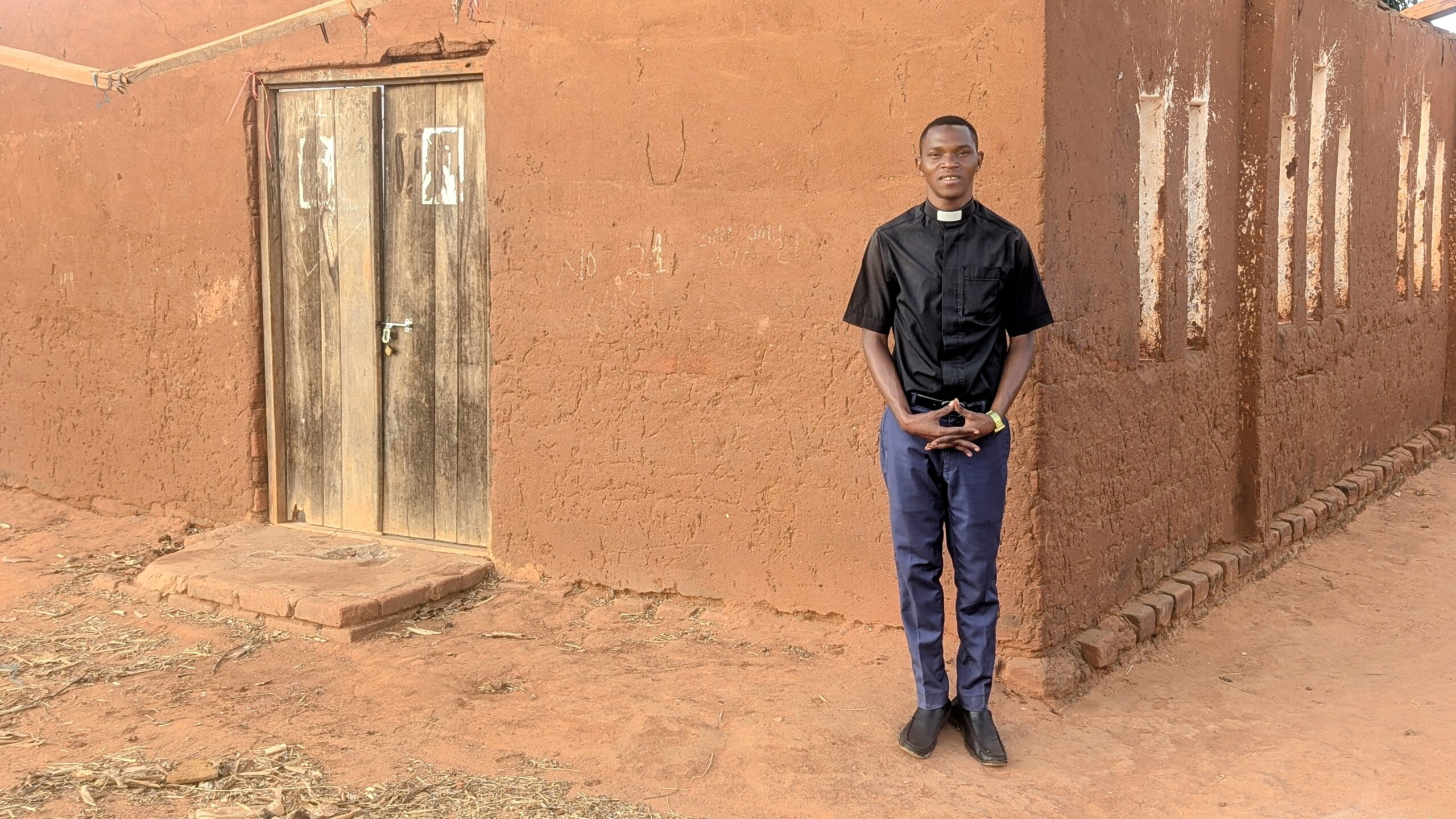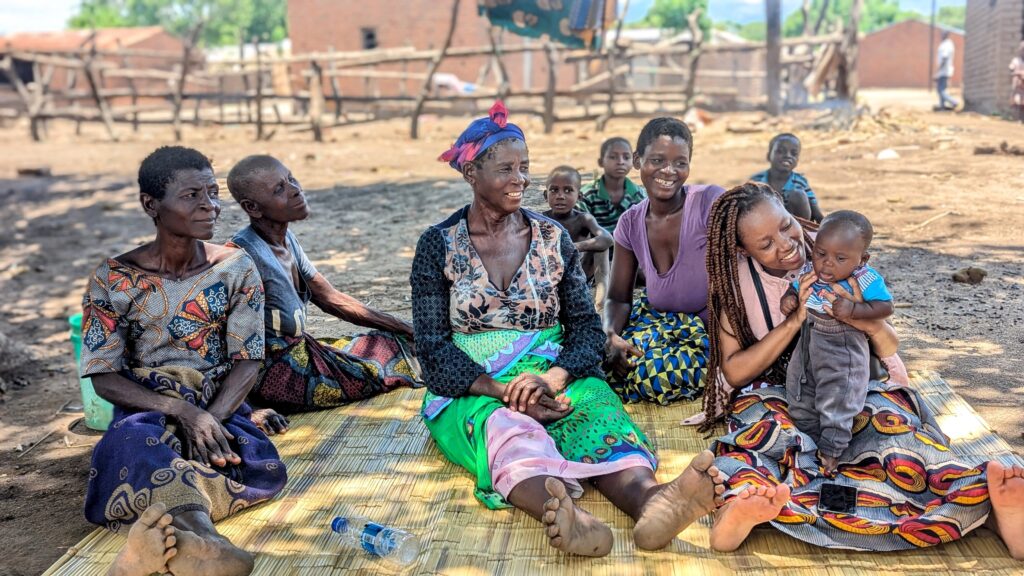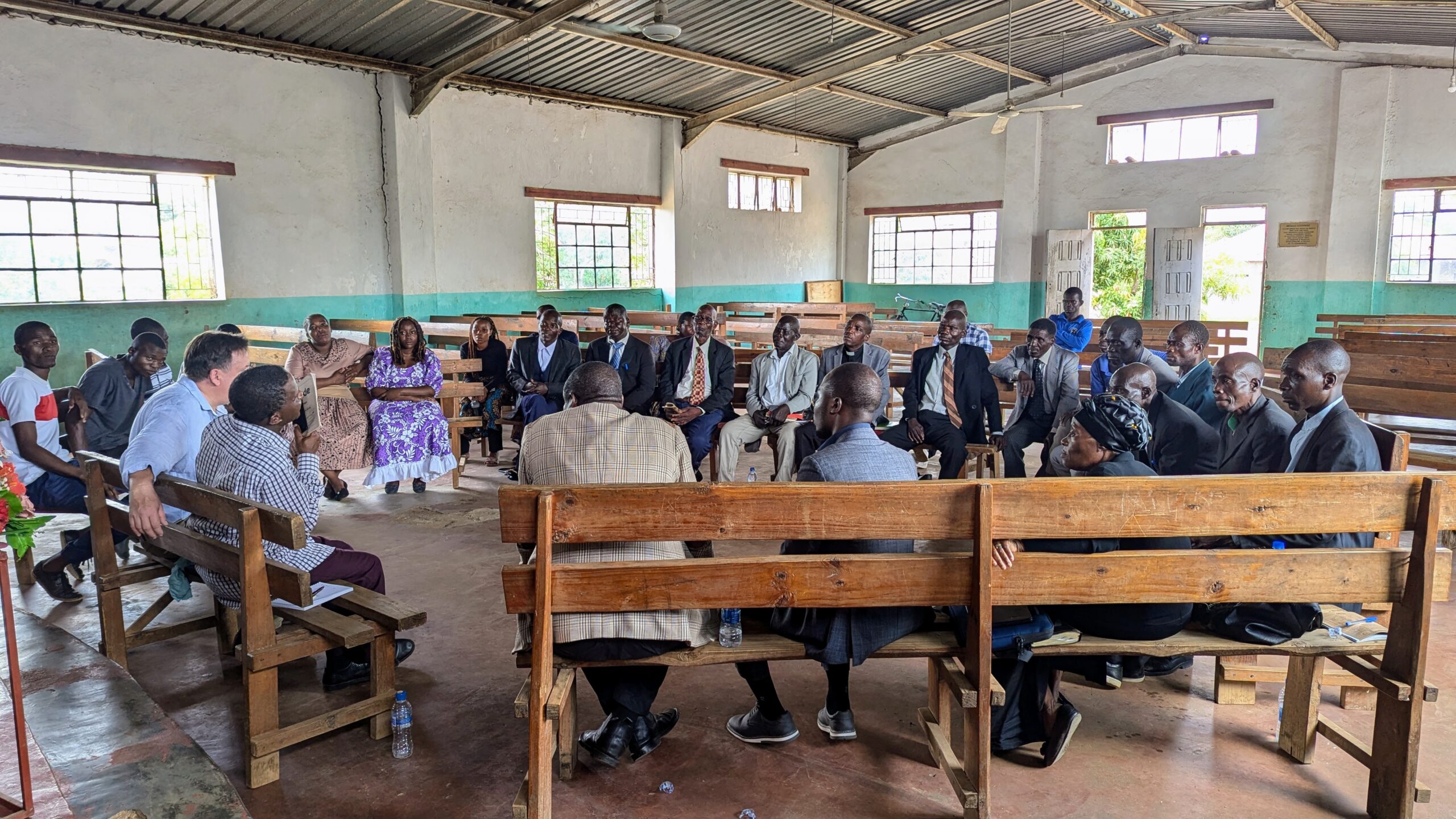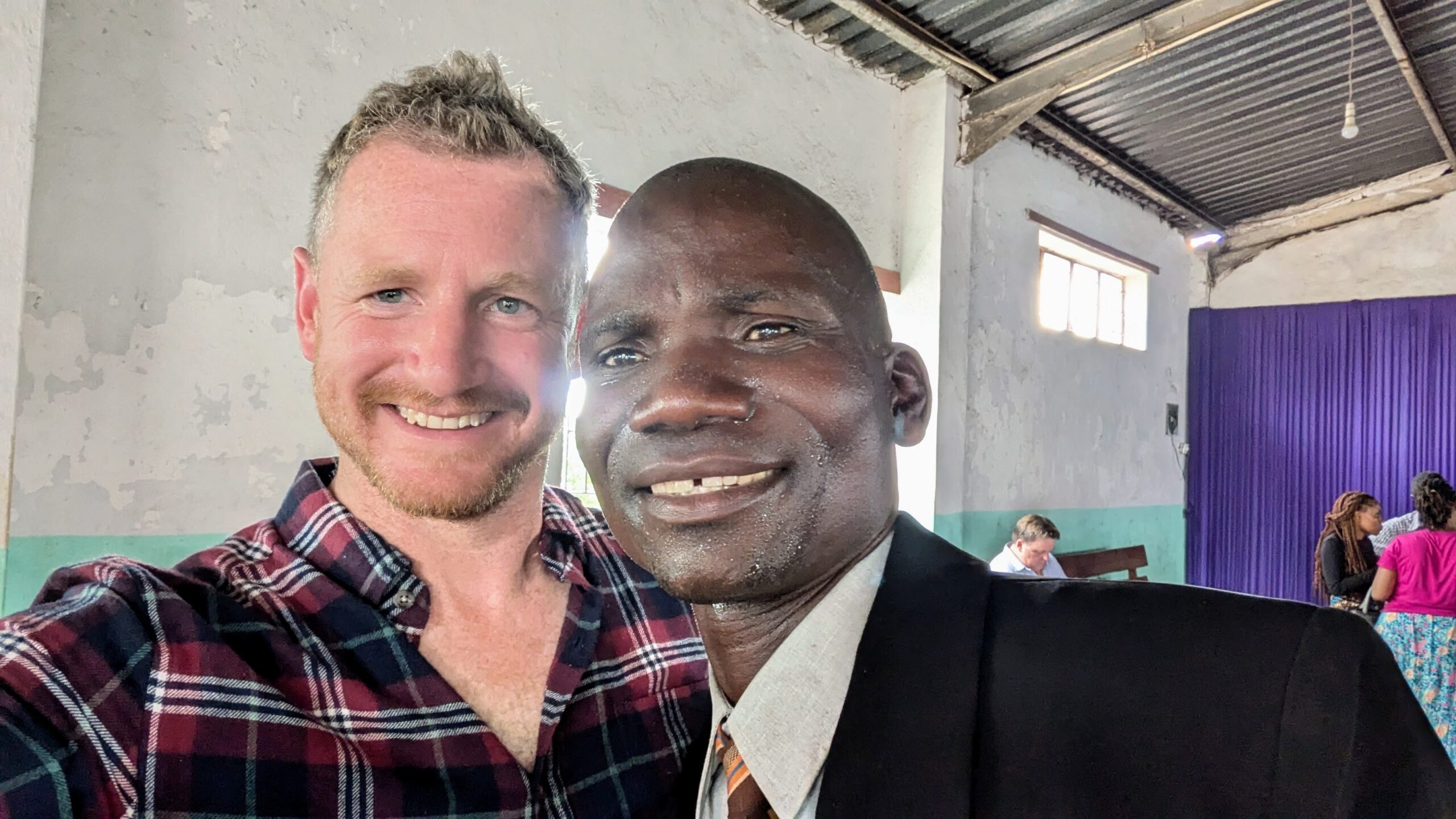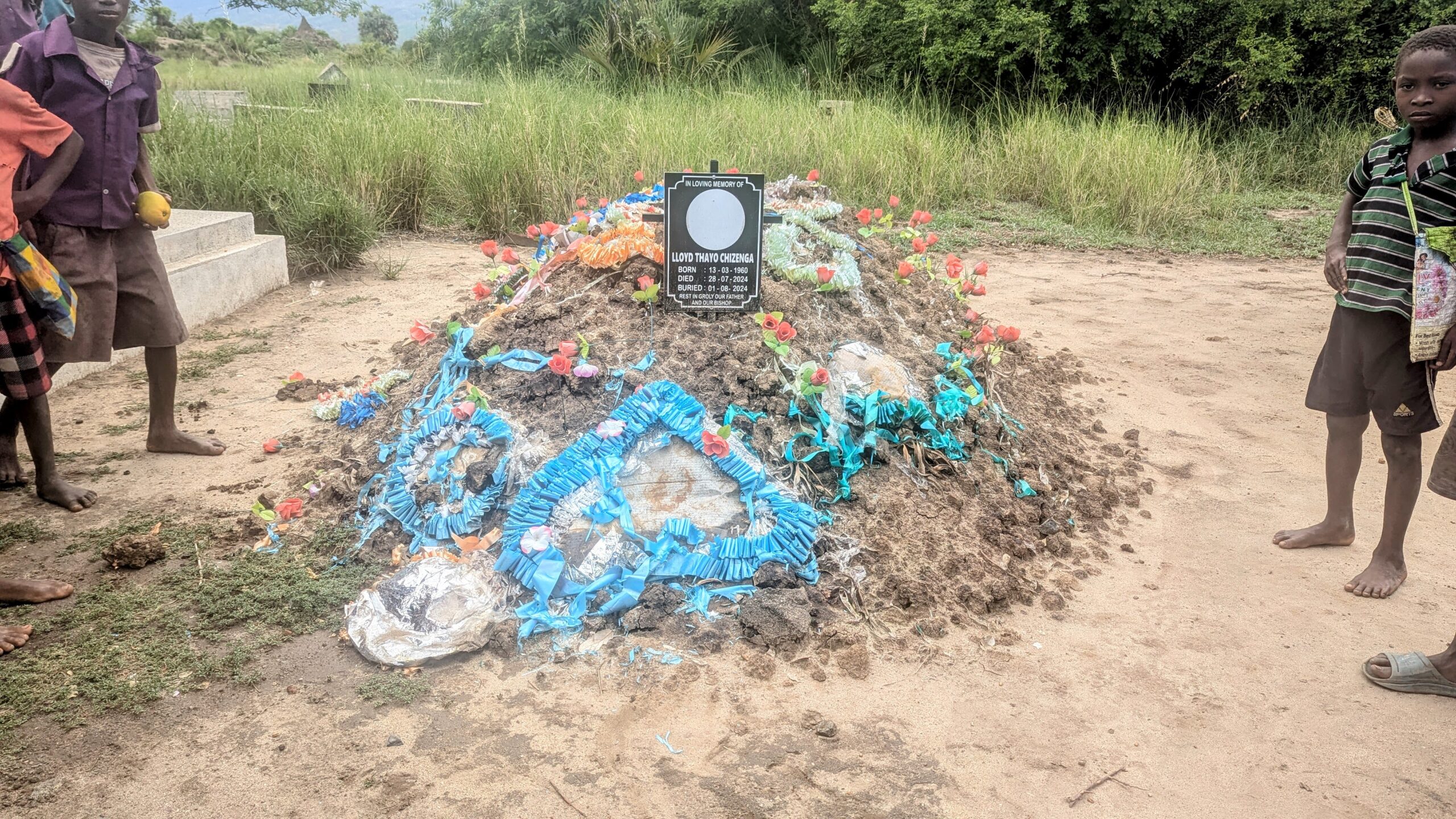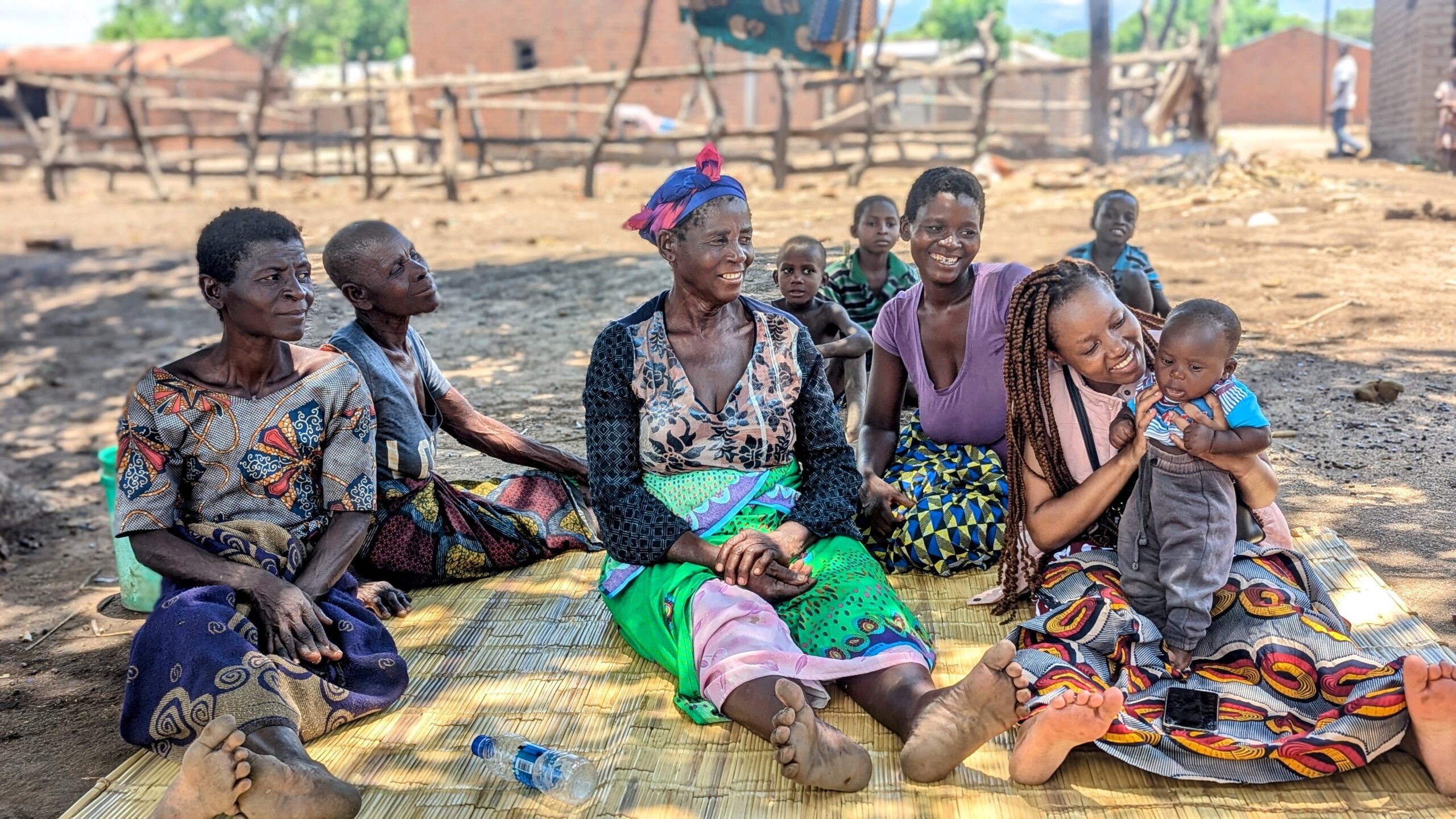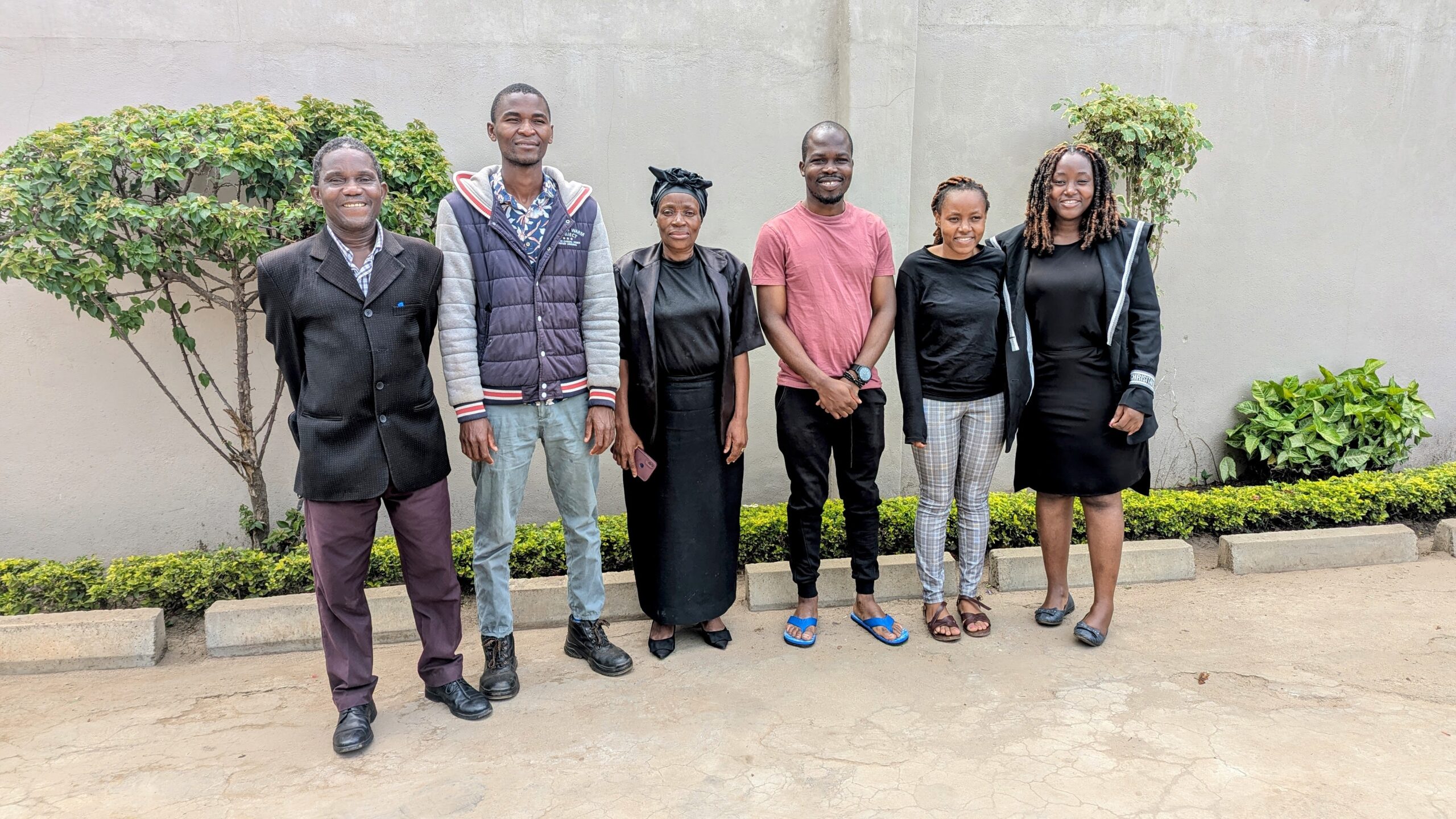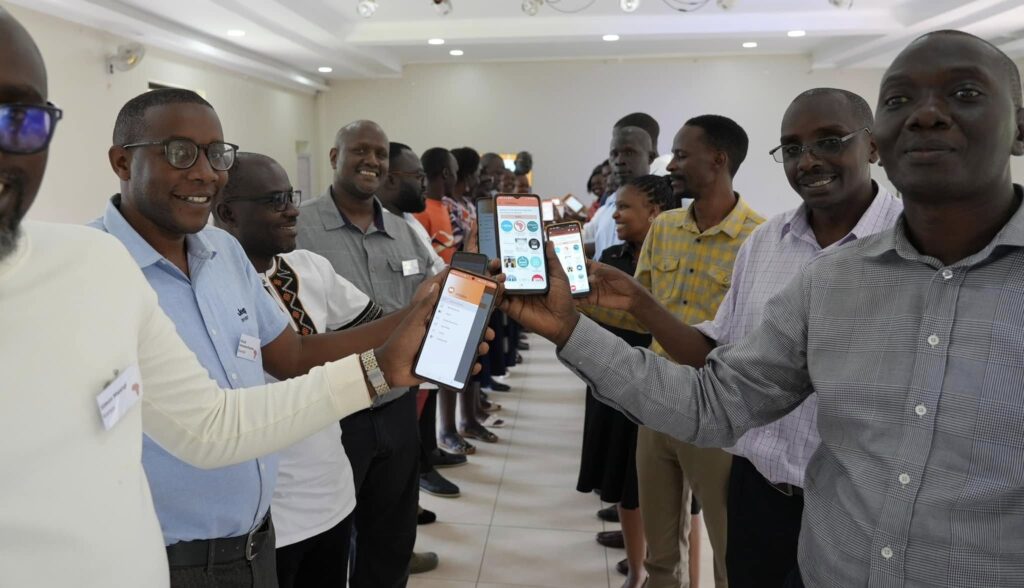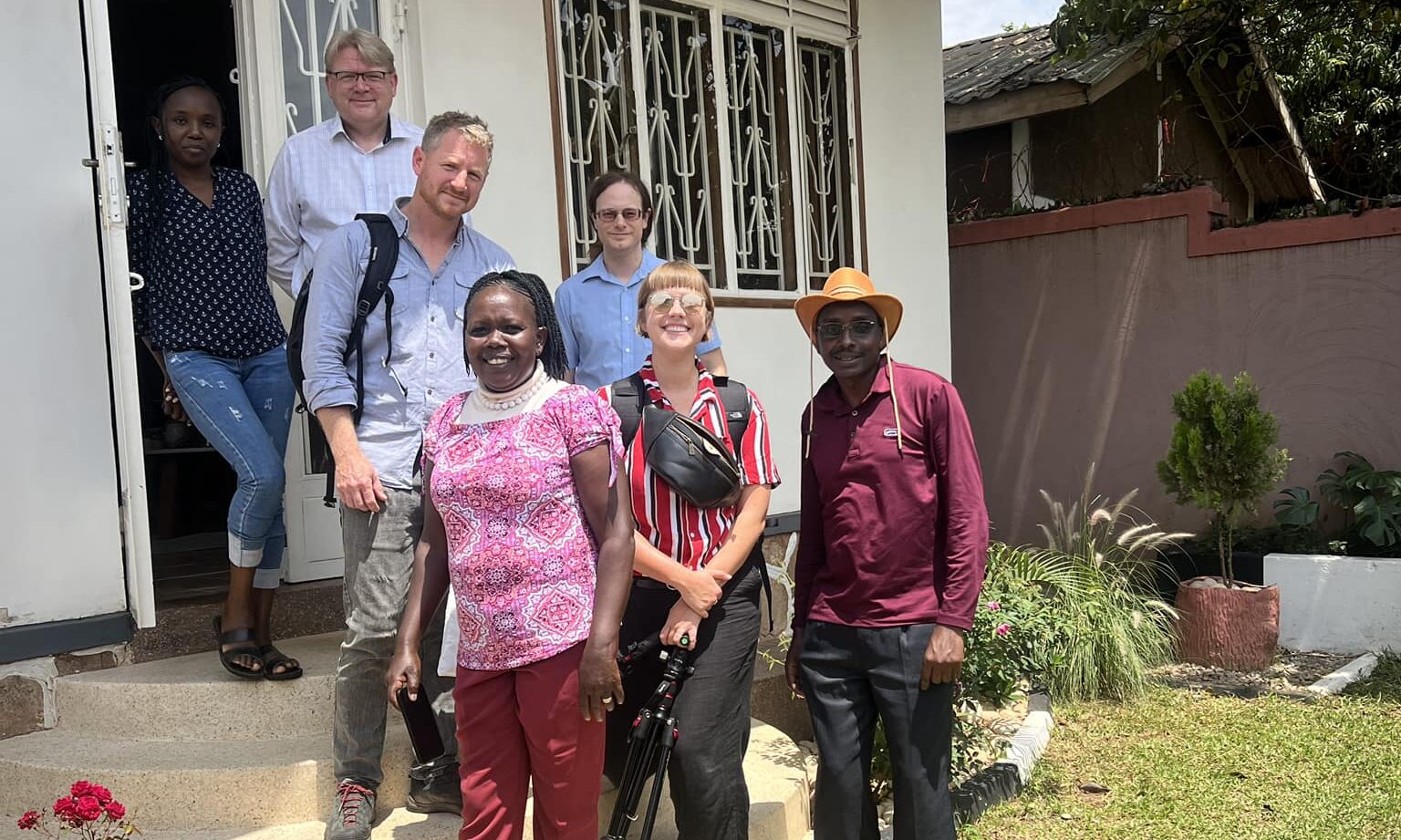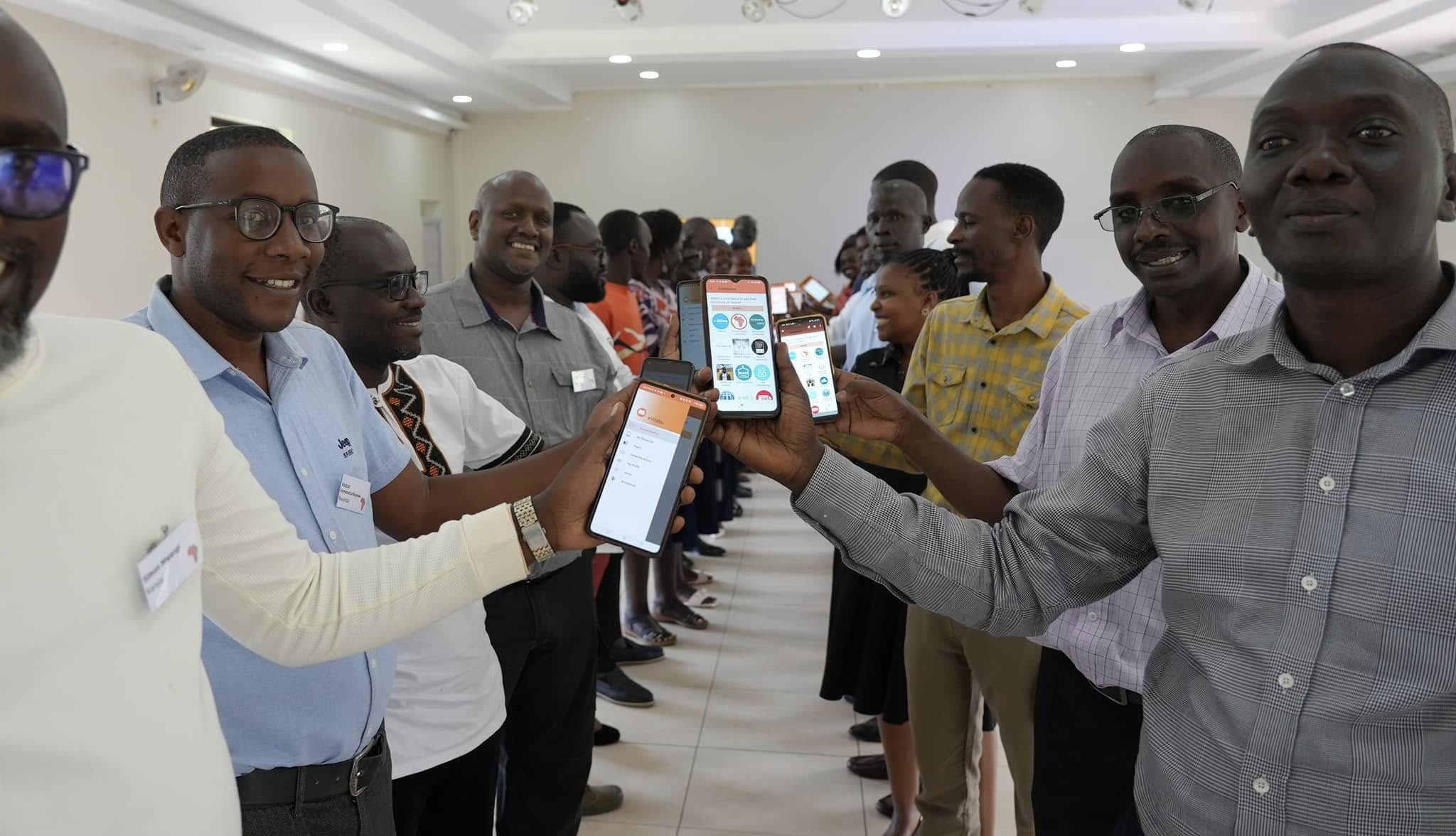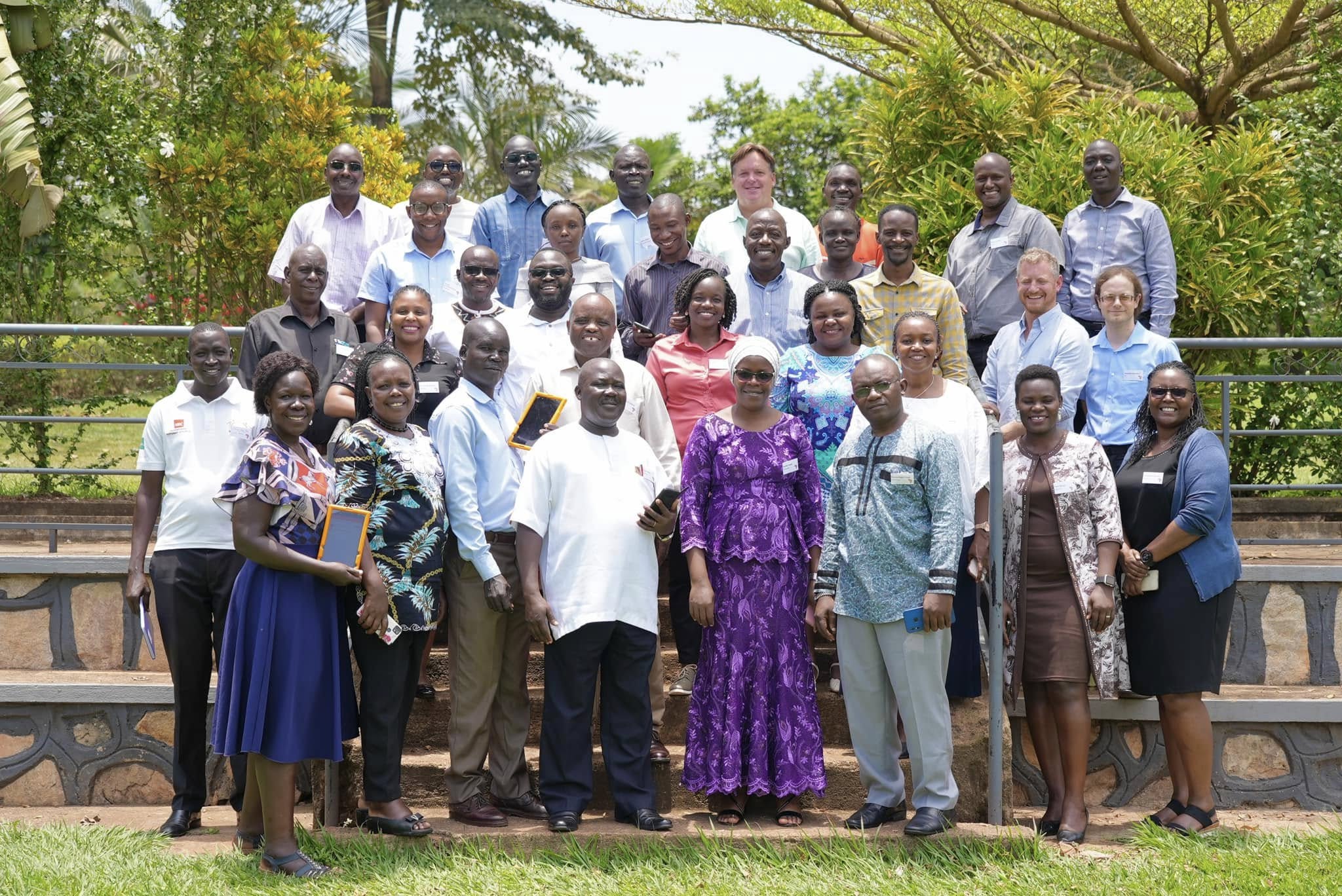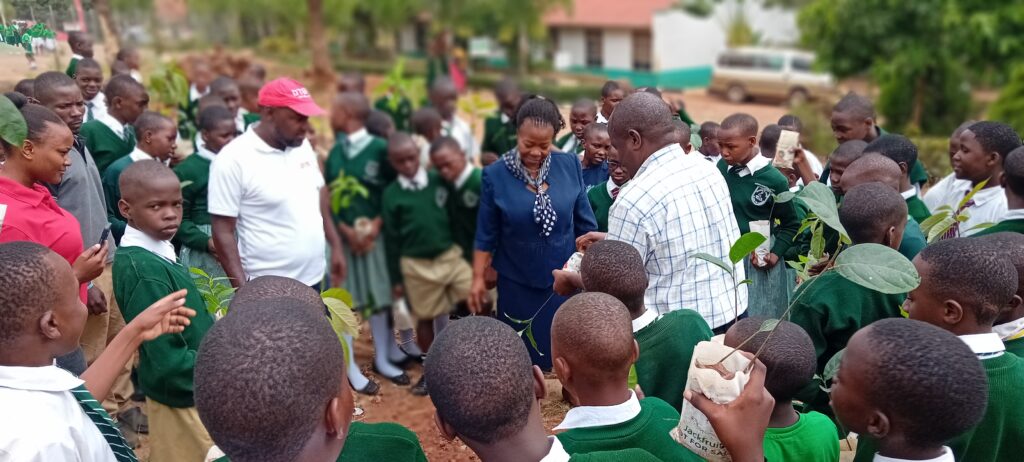
Dave’s recent trip to Uganda demonstrated the power of partnership, environmental education and economic development, highlighting the significant change that can be achieved through collaboration with other charities, organisations and businesses.
On World Environment Day, Dave (APF CEO), along with representatives from School Connect, Diamond Trust Bank and other partners, launched a pilot campaign in two Kampala primary schools. The campaign provided children and parents with exciting and creative educational workshops focused on reducing and recycling plastic waste and highlighted the crucial economic and environmental benefits of tree-planting.
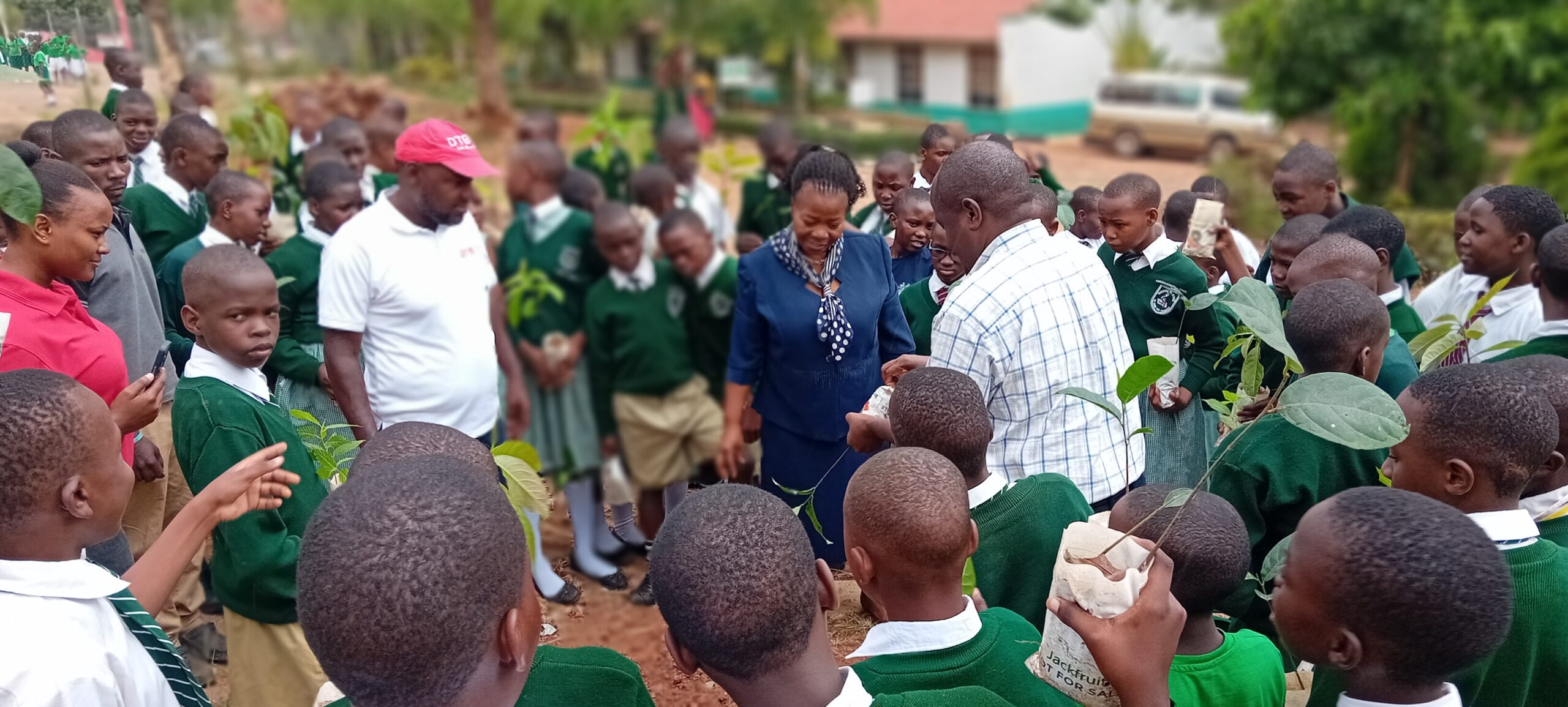
Tree planting in Kamuli
Dave, representing APF, was invited to plant seedlings within the school grounds. It’s hoped that the initiative can be expanded to churches and Bible schools across Uganda and form part of Diamond Trust Bank’s citizenship and corporate social responsibility programme.
In addition to the Kampala school environment programme, Dave also conducted a monitoring visit to the Bulogo Women’s Empowerment Project in Kamuli district, acting on behalf of a donor who’d generously funded entrepreneurship training and a start-up loan scheme for small businesses.
The training, which covered essential skills like bookkeeping, budgeting, customer care, and emphasised how to add value to resources already available to the community, is directly benefiting over 150 women. The range of enterprises jump-started by the project is diverse, ranging from catering to quarrying and farming to firewood production. It has led to a remarkable 100% increase in average household income, from £1 to £2 per day.

